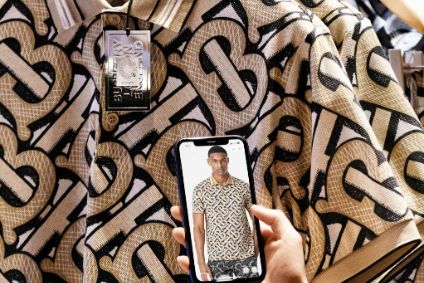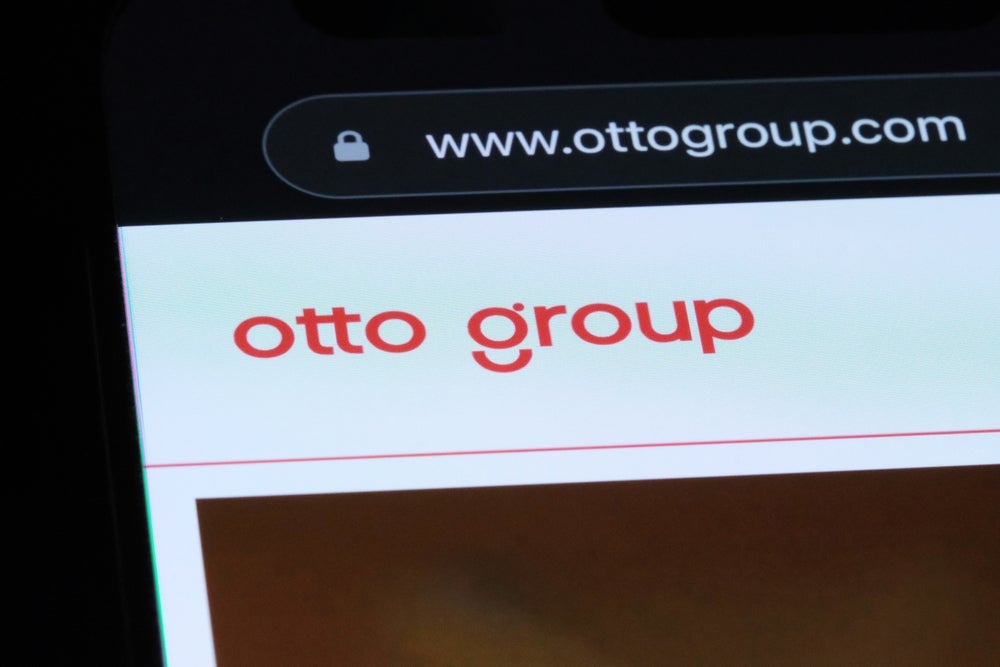
British luxury clothing and accessories brand Burberry has opened its first “social retail store” in Shenzhen, China’s technology hub, as a way to attract young and tech-savvy consumers, save profits, and stay ahead of the competition in pandemic times.
The company said this will not be a “one-off,” and that it plans to roll-out similar stores in multiple locations in the future. This highlights luxury brands’ struggle and their attempt to attract back Chinese consumers amid Covid-19: consumers who represent a major and important target audience for high-end firms. Combining technological advances with luxurious brick-and-mortar stores may be the answer.
Combining the physical and virtual worlds
The coronavirus pandemic has had an unsurprising damaging effect on the global clothing and footwear industry. GlobalData’s Covid-19 adjusted forecasts expect the sector to fall from an expected pre-Covid value of US$2.10 trillion to a post-Covid US$1.59 trillion by the end of 2020, representing an overall loss of US$515bn. Luxury brands have been hit particularly hard by the pandemic, as many consumers turned to essential product purchasing instead of indulging in expensive buys.
Therefore, luxury brands have invested heavily in technology so that they could stay in touch with their customers, keep them entertained, offer them information, and provide an easy way to purchase their products, despite social distancing rules in place. Opening new physical stores has not been a top priority for the majority of brands, despite the fact that their target audiences usually enjoy going to stores, for various reasons – such as to appreciate the experience, to be seen as stylish and living an affluent lifestyle, and thus displaying their social status. Therefore, Burberry’s launch can be seen as an attempt to combine both worlds, physical and digital, to keep its customers happy.
How well do you really know your competitors?
Access the most comprehensive Company Profiles on the market, powered by GlobalData. Save hours of research. Gain competitive edge.

Thank you!
Your download email will arrive shortly
Not ready to buy yet? Download a free sample
We are confident about the unique quality of our Company Profiles. However, we want you to make the most beneficial decision for your business, so we offer a free sample that you can download by submitting the below form
By GlobalDataSee Also:
Burberry partnered with Tencent, the leading firm of online platforms in China, including WeChat, a popular Chinese multi-purpose messaging and social media application. The newly opened store relies heavily on a WeChat mini-program to reward consumers when they engage with the brand, online or offline, in store.
Consumers can use the mini-programme in-store or at home, and they can use it to book in-store appointments or products to try on, read product info, contact customer service, or share personal content. When in store, it acts as a digital companion, and can be used to scan QR codes, book fitting rooms, or even adjust the lighting. All in-store items are interactive, being equipped with a QR code that visitors can scan to find more info about the product or see how the product looks on a model.
Chinese consumers appreciate a technologically advanced product even amid the Covid-19 pandemic. Indeed, according to GlobalData’s Covid-19 Recovery Tracker Survey 2020 – Week 4, 42% of Chinese consumers are always or often influenced by how digitally advanced or “smart” the product or service is even in the current situation.
This, combined with the fact that 22% of Chinese consumers are spending slightly or significantly more time actively posting on social media, can provide an opportunity for Burberry to attract more customers by offering a store that makes posting experiences on social media easier.
FMCG companies and foodservice outlets can also apply a similar approach if they are struggling to find ways to blend virtual concepts into the real world in order to augment the products and experiences offered. Other industries can track the situation in the Shenzhen store, and find inspiration and replicate the concept if proven successful.








Related Company Profiles
Tencent Holdings Ltd
WeChat
Burberry Limited